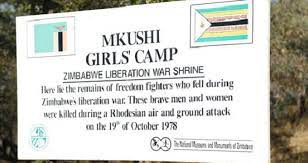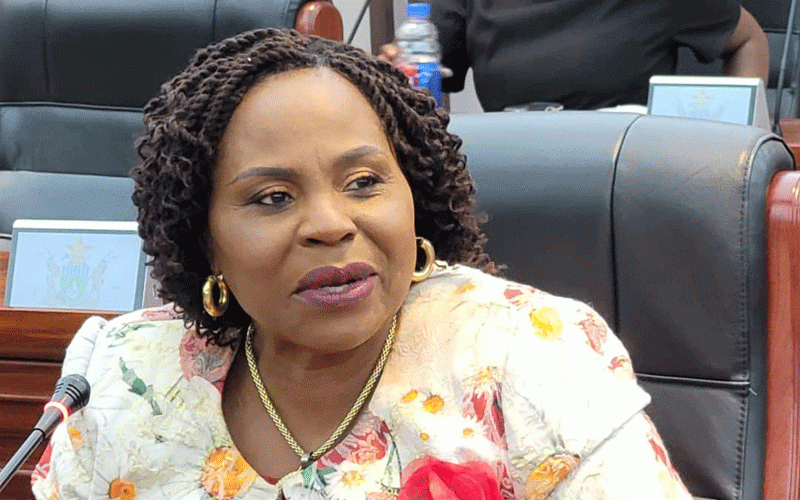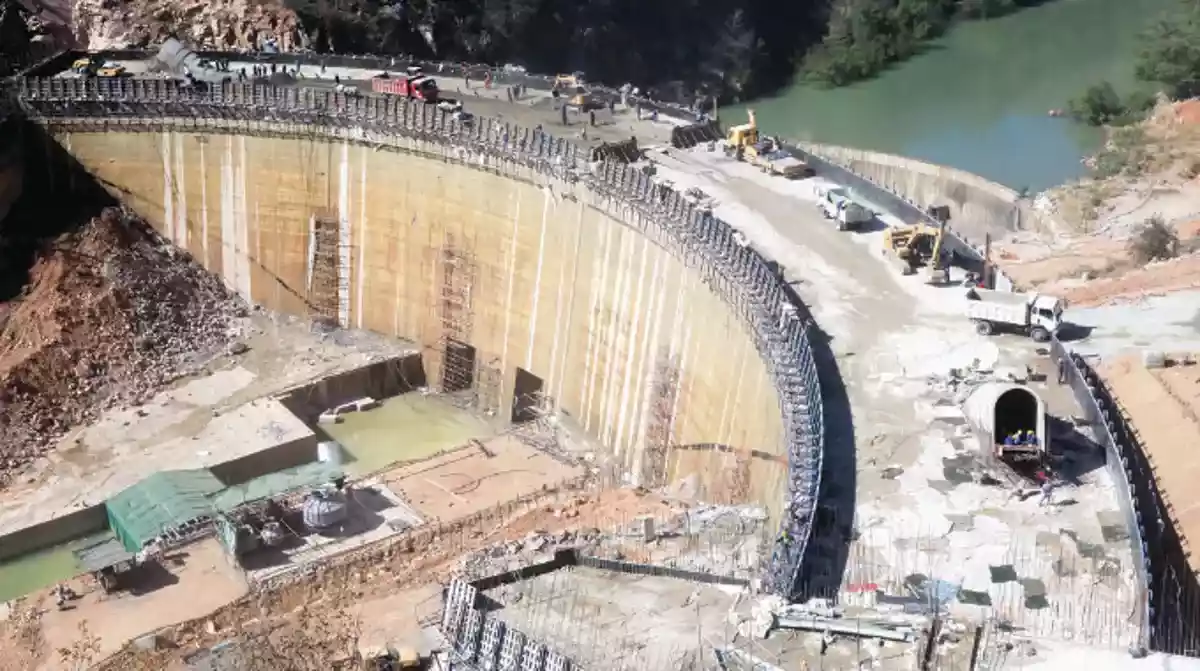
Former Zimbabwe People’s Revolutionary Army (Zpra) liberation are pleading with the government to declare a national holiday in remembrance of their colleagues, who were bombed by the Rhodesian army in Zambia in the 1970s.
Zpra was the military wing of Zapu during the armed struggle.
Mkushi, a camp for female Zipra combatants in Zambia, was ambushed and bombed by the late former Rhodesian Prime Minister Ian Smith’s regime on October 19, 1978, leaving thousands dead or injured.
The attack on Mkushi Camp was not the only bold assault by the Rhodesian forces on Zapu installations in Zambia.
As the war intensified, such attacks became a daily threat and a frequent occurrence, not only for the military staging and training camps in the Zambezi Valley, but also for the refugee camps, for administrative and military personnel housed in Lusaka, and for the transit camps.
However, by far the most devastating in terms of loss of life was the attack on Freedom Camp in October 1978, just at the same time as the Mkushi attack.
Zpra war veterans association secretary Petros Sibanda said October 19 was a painful day.
“The government should declare memorial dates for such painful days like these where a lot of girls and boys were bombed in Mkushi and Freedom camps, respectively in these transit camps,” Sibanda said.
- Global agency downgrades Zimbabwe’s growth projections
- Sudan Darfur crisis: ICC to try war crimes suspect
- Zim to get Malawi maize this monthend
- Global agency downgrades Zimbabwe’s growth projections
Keep Reading
“There should be an activity to commemorate such painful events.
“The government should facilitate reburials or establish museums so that people can go there and do rituals.
“Some may want to go and pray there.”
Former Nampundwe camp instructor Cetshwayo Sithole said it was so painful to see defenceless young people at a United Nations recognised refugee camp being killed.
“What is so painful is that these were refugee camps declared by the United Nations, the Rhodesian forces had decided to deliberately abandon the war at the front and targeted soft targets to dislodge us," Sithole said.
"These were boys and adults who were not eligible for war doing agricultural activities to feed those in the front.
“The camps were established to prepare people for what was going to happen after the war; that the nation was supposed to do farming to sustain themselves."
Sithole said the fact that government had done little to recognise those killed at the Zambian camps proved their claims true that there was a deliberate attempt to erase Zpra’s contributions during the armed struggle.
Former Zipra cadres often lament how their role in the liberation struggle has been airbrushed out of history.
“It is so painful that we have not gone back to report to the relatives who lost their loved ones because our records were confiscated by the ruling party Zanu PF,” Sithole said.
“Even people in Mashonaland and elsewhere are telling us that they are still keeping the graves of some of our liberation war heroes and are asking us to come and confirm them.”
Government seized properties and war records belonging to Zpra at the height of Gukurahundi after accusing the opposition party and its ex-combatants of plotting to unseat it.
Among the seized records and materials are cassettes with original recordings of Zapu war songs.









